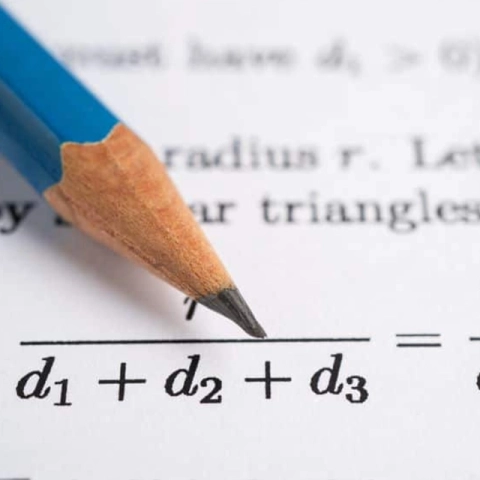The Bachelor of Science (B.Sc.) in Mathematics is a three-year undergraduate program that provides students with a strong foundation in mathematical theories, principles, and applications. The program covers core subjects such as calculus, linear algebra, number theory, probability, and statistics, along with complementary courses in sciences like physics, chemistry, and computer science. The degree is designed to develop analytical thinking, problem-solving, and quantitative skills that are valuable in both academic and professional contexts. Graduates of this program are well-prepared for careers in education, research, finance, data analysis, and for pursuing higher studies in mathematics or related fields.
Duration of programme
Level of Study

Algebra and Linear Algebra – Study of equations, structures, vector spaces, and matrix operations.
Calculus and Analysis – Understanding limits, derivatives, integrals, and advanced real and complex analysis.
Topology and Geometry – Exploration of spatial properties, continuity, and geometric structures.
Statistics and Probability – Techniques for data analysis, interpretation, and modeling uncertainty.
SC/ST-45% and Gen/OBC-60%
10+2 in relevant discipline